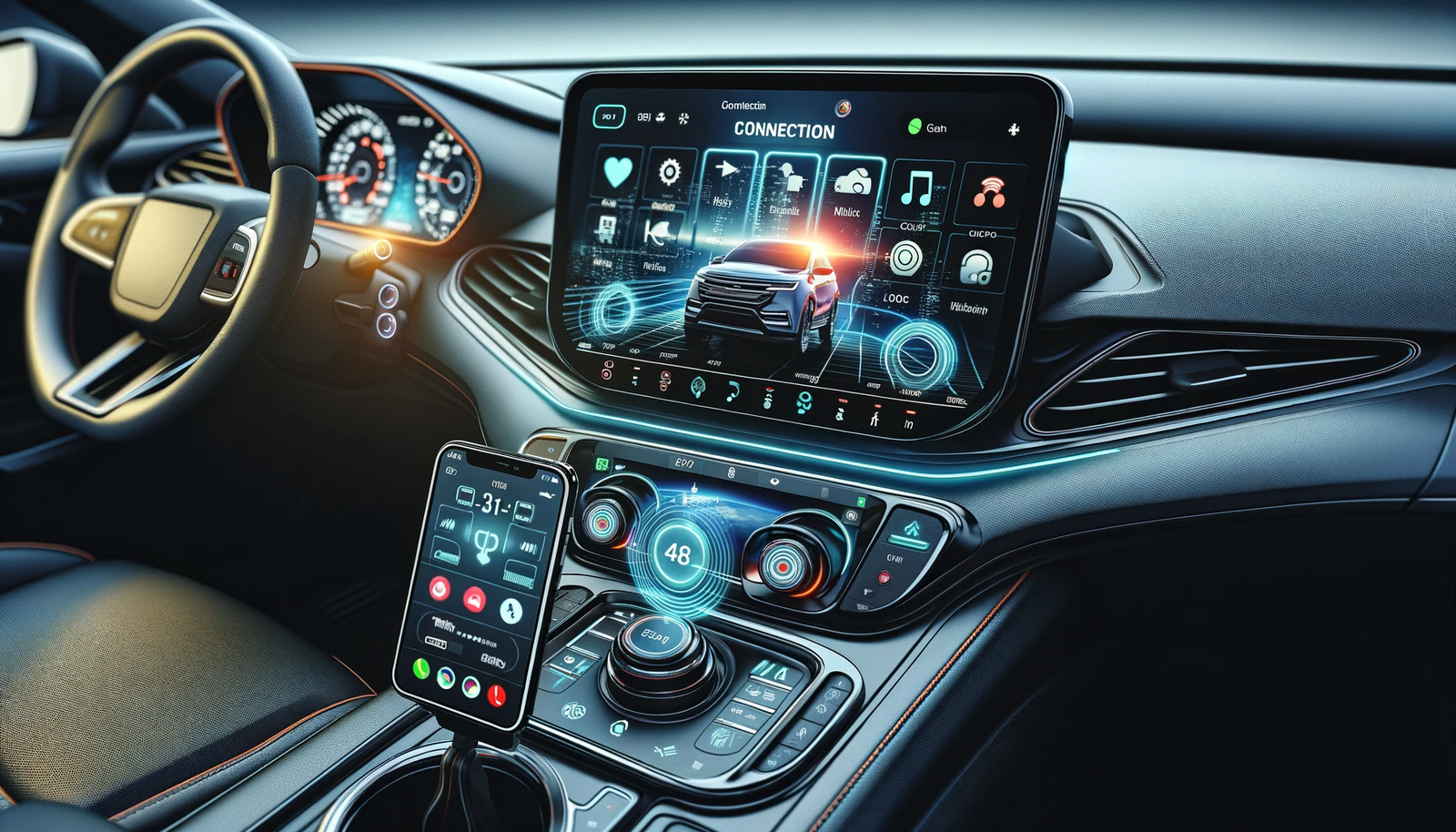Privacy Judgment in Automobiles
A federal judge recently dismissed the renewal of a class action lawsuit accusing four major car manufacturers - Honda, Toyota, Volkswagen, and General Motors - of violating Washington State's privacy laws. This accusation was based on these manufacturers' use of onboard infotainment systems in vehicles to record and intercept private text messages and telephone call logs of customers.
Impact of the Judicial Decision on the Espionage of Your Private Data
The decision made by the Seattle appellate judge was in favor of the car manufacturers. According to him, this practice does not constitute an illegal privacy violation under state law. This decision has significant implications as it affects five related lawsuits, including one against Ford, already dismissed on appeal.

Les plaignants des quatre affaires encore actives avaient fait appel d’une précédente décision de rejet. Toutefois, le juge d’appel a statué que l’interception et l’enregistrement d’activités téléphoniques ne répondaient pas aux critères de la loi sur la vie privée de l’État de Washington, qui exige de prouver que « ses affaires, sa personne ou sa réputation » ont été menacées.
Data Collection by Car Manufacturers
In one of the five cases, plaintiffs filed a lawsuit against Honda in 2021, arguing that since at least 2014, the company's vehicle infotainment systems began to download and store a copy of all text messages from smartphones when they were connected to the system.
Berla Corporation, based in Annapolis, Maryland, provides this technology to some car manufacturers, but does not offer it to the general public. According to the lawsuit, once the messages were downloaded, Berla's software made it impossible for vehicle owners to access their communications and call logs, but allowed access to law enforcement.
Many car manufacturers sell car owners' data to advertisers as a tactic to increase their revenue, according to a previous report from Recorded Future News. Manufacturers are exponentially increasing the number of sensors they place in their cars each year, with little regulation of this practice.
Espionage and Questioning the Dangers to Privacy
This judgment raises crucial questions about privacy in the modern era of connected vehicles. The technologies embedded in vehicles, such as infotainment systems, are becoming increasingly intrusive, collecting and storing personal data without the explicit consent of users. These practices raise important ethical and legal questions:
- Informed Consent: Are vehicle owners fully aware of the extent of data collected by their cars?
- Data Security: How are these data protected against unauthorized access or misuse?
- Data Usage: For what purposes are these information used and to what extent do owners have control over this usage?
- Regulation and Control: Are there sufficient regulatory frameworks to govern these practices and protect consumer rights?
These questions are part of a broader context of debates on privacy in the digital age, where the boundary between technological convenience and the protection of personal data is becoming increasingly blurred.

